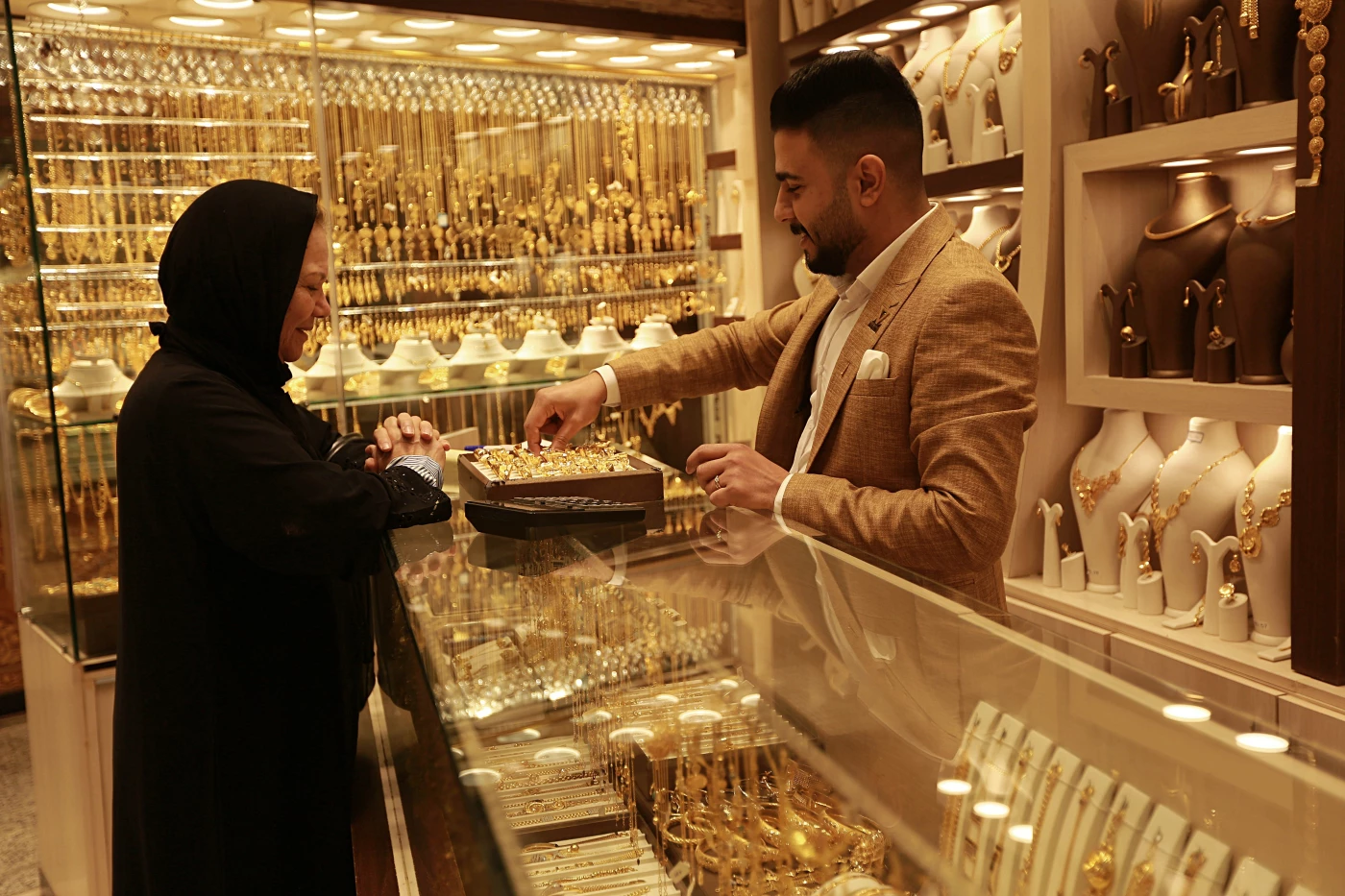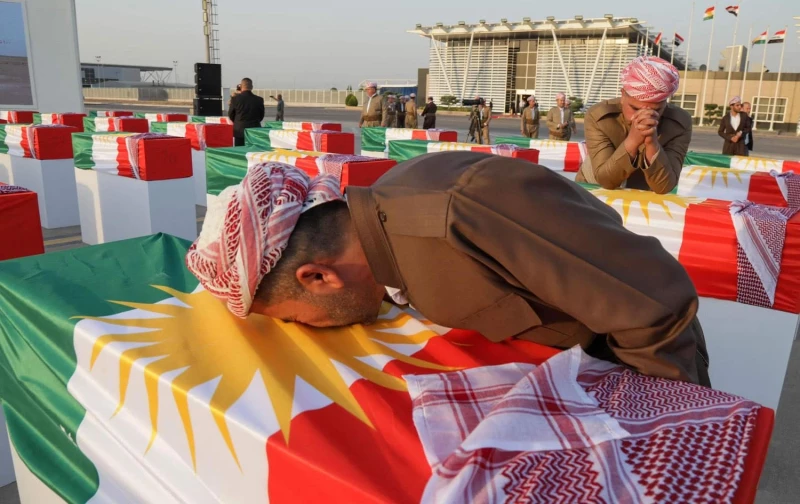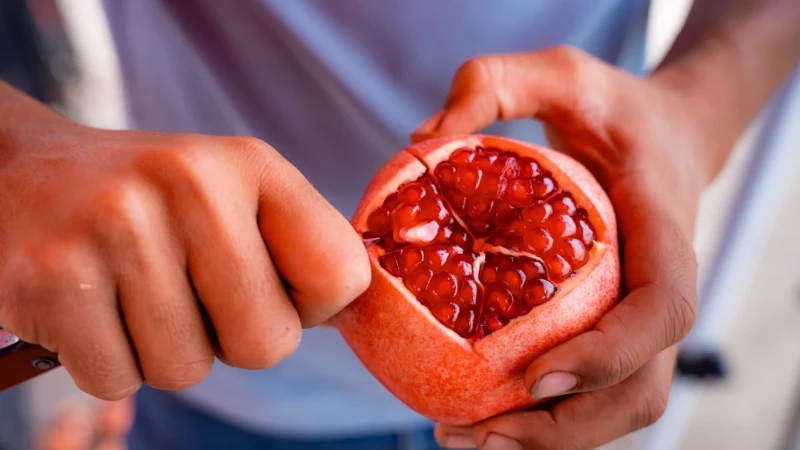ERBIL, Kurdistan Region of Iraq - Due to skyrocketing prices of gold and a decline in marriage rates in the Kurdistan Region, an official religious body in Sulaimani issued an unusual decree (fatwa) suggesting that grooms could give rice, goose, or turkey as mahr instead of gold.
“In a bid to lift the burden on the shoulders of the youth, rice, goose, turkey or any other valuable item could be given to women as mahr instead of gold,” read a fatwa from the Sulaimani Fatwa Committee.
Gold prices have climbed to a record high. The value of the lustrous metal has increased by over 20 percent this year, currently selling for more than $2,735 per ounce.
In the Islamic world, gold is sold in mithqal, a unit of mass equal to 4.25 grams.
On Sunday, a mithqal of 21-carat gold was sold for 590,000 dinars (roughly $394) at jewelry shops across the Kurdistan Region.
“The Sharia of God obliges men to give mahr to women, but it is not specified that it must be gold or silver only, but rather anything that has value,” Mohammed Penjweni, head of the Sulaimani Fatwa Committee, told The New Region on Saturday.
“It has happened in the past that geese and turkeys were given as mahr to women in Kurdistan… In the past, even a date palm tree had been given as mahr,” said Penjweni.
Goldsmiths and jewelry shop owners believe the fatwa will not have a significant impact on their business.
“The fatwa will not have any impacts on our business, because there are people who will still buy it,” Chenar Rahim, a goldsmith in Sulaimani said.
They are, however, frustrated by the lack of customers due to the hike in gold prices.
“The price hike in gold has left a significant impact on us. The number of our customers has drastically declined compared to the previous years,” Rahim noted.
“Those who recently buy gold, they buy in much lower quantity compared to the past.”
Growing gold prices are believed to be one of the factors in declining marriage rates in the Kurdistan Region. In 2023, a total of 20,147 marriage contracts were registered in Sulaimani province, down from 2022’s 21,164, according to data obtained by The New Region.



 Facebook
Facebook
 LinkedIn
LinkedIn
 Telegram
Telegram
 X
X


